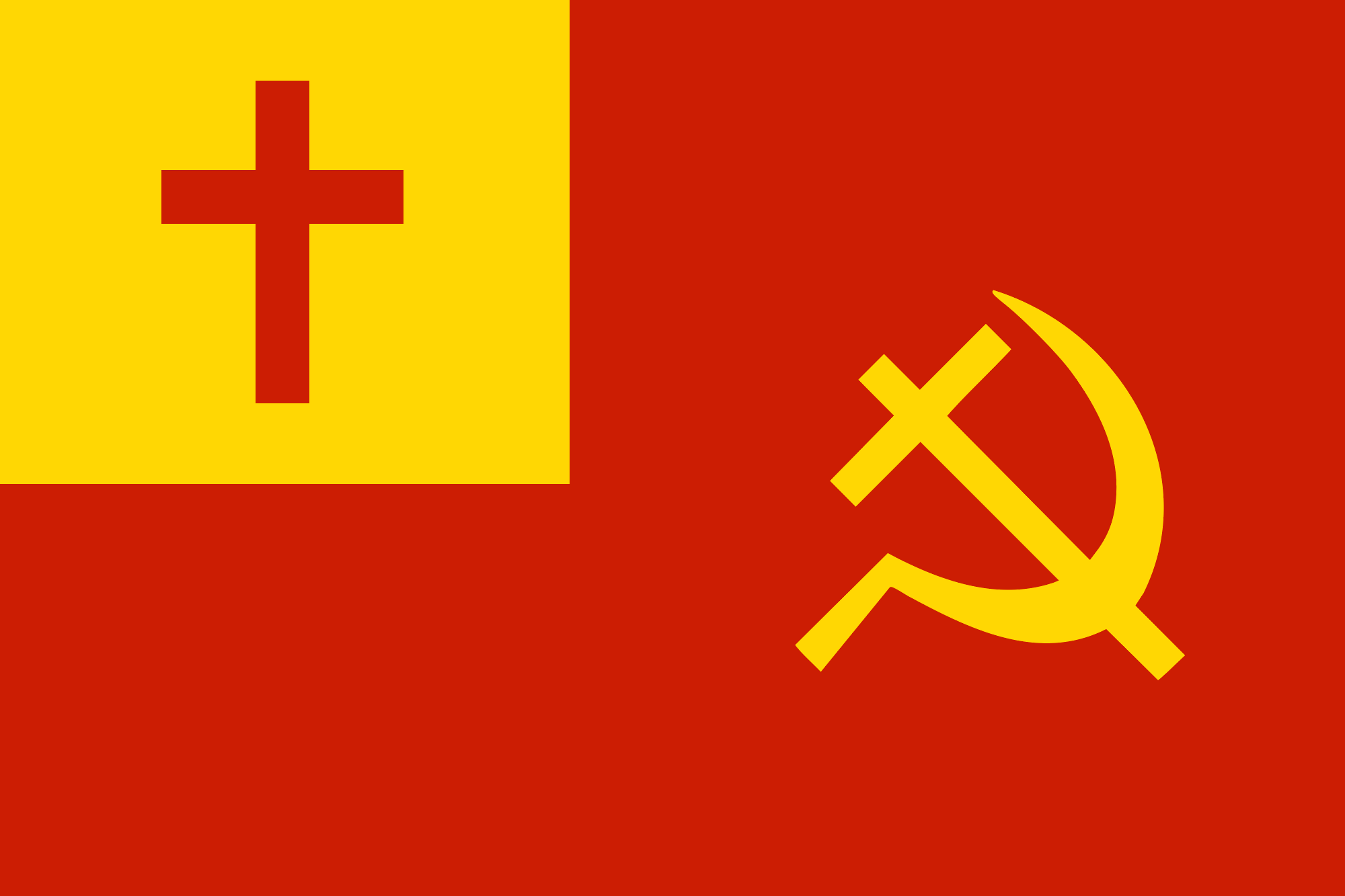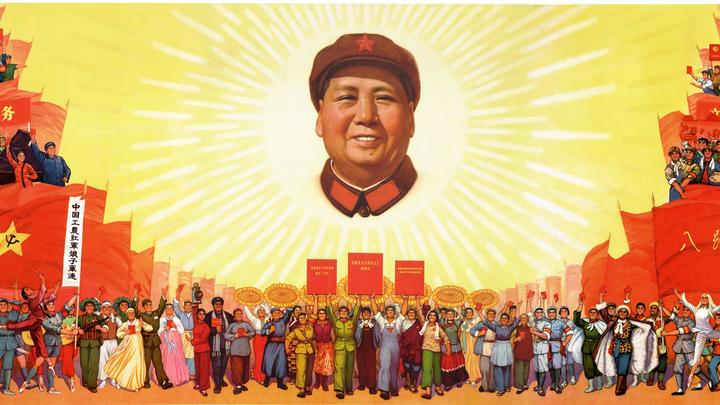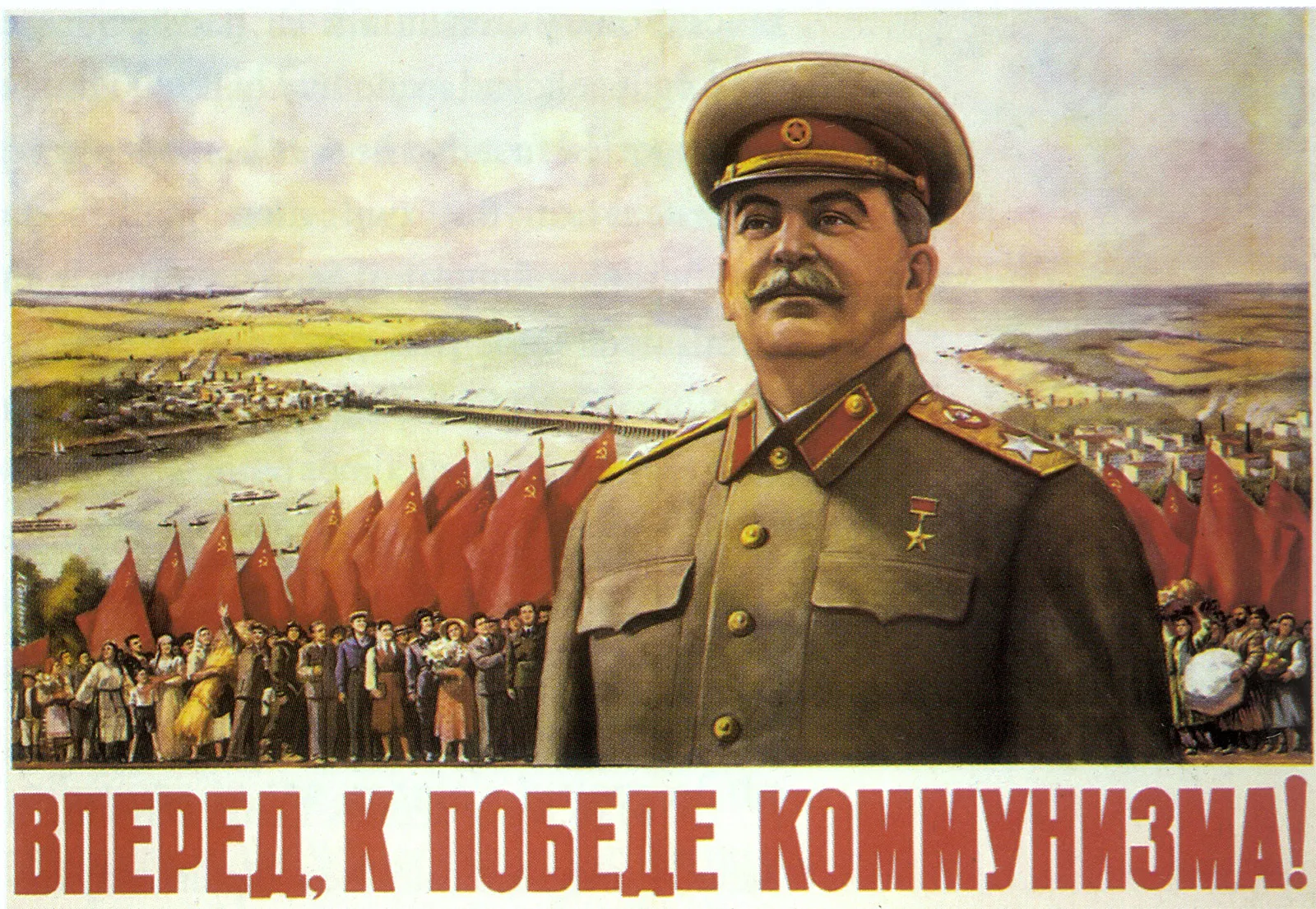One of the most long-standing arguments used by religious debaters (eg. Dinesh D’Souza) is to claim that atheism is responsible for more killings than all the religions put together because of Stalin, Hitler, Mao etc. I have typically seen several types of responses to this:
- The killings had nothing to do with the reasoning behind the “state atheism”.
- All of these were simply a case of a government imposing irreligion from above, not a true case of the population being atheist.
- These regimes were religious. Dawkins does this for the Third Reich and Hitchens’ favourite example is that North Korea is the most religious country on earth because of its extreme cult of personality.
Now, sometimes the responses can be problematic. It’s possible to insist that any regime that commits such horrors must be religious — a No True Atheist fallacy. But D’Souza’s argument still fails. The area I want to go into today is the religious nature of cult of personality.

To me this is such an obvious key in all the dictatorships above that it’s surprising that people can miss it. I’ve blogged before about modern day lunacy that defends a question about Mao’s cult of personality by proclaiming Mao’s greatness. What I didn’t mention in the post is the image that accompanies it. Here it is once more. The Chinese says “Beijing has a Golden Sun”. While it’s usually poor form to substitute pictures for arguments, with cults of personality the pictures really do speak for themselves.
The extent to which political cults use religious imagery is so obvious and astounding that it takes a special kind of thinking to deny it. Another biting example from a recent Time magazine photo-essay on life in North Korea. If I had photoshopped Jesus into the display, would you be able to tell the difference?

But the very worst example I have to share is this poem by Evgeni Yevtushenko’s, published in the 50s about Stalin.
“¦Ð’ беÑ?Ñ?онной ночной тишине
Он думает о Ñ?тране, о мире,
Он думает обо мне.
Подходит к окну. ЛюбуÑ?Ñ?ÑŒ Ñ?олнцем,
Тепло улыбаетÑ?Ñ? он.
Ð? Ñ? заÑ?ыпаю, и мне приÑ?нитÑ?Ñ?
Самый хороший Ñ?он.
…Amidst the night’s sleepless quiet
He thinks of the country, of the world.
He thinks of me
Approaches the window. Enthralled by the sun
He smiles warmly.
And I fall asleep and will have
The most wonderful dream.
This is a sublimely, profoundly religious poem. Yevtushenko is in a mystical, spiritual ecstasy that’s indistinguishable from the Personal Relationship with JesusTM or a Sufi mystic’s experience of the divine. The fact that we dislike the object of the poet’s worship a bit more than the historical Jesus (or at least I hope we do!) doesn’t make the poem any less religious.
A friend once told me that when she read 1984, she cried for two weeks because of the last sentence. Well if you can read the aforementioned poem without at least getting a lump in your throat—!





0 Comments